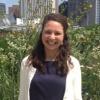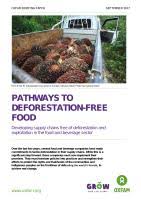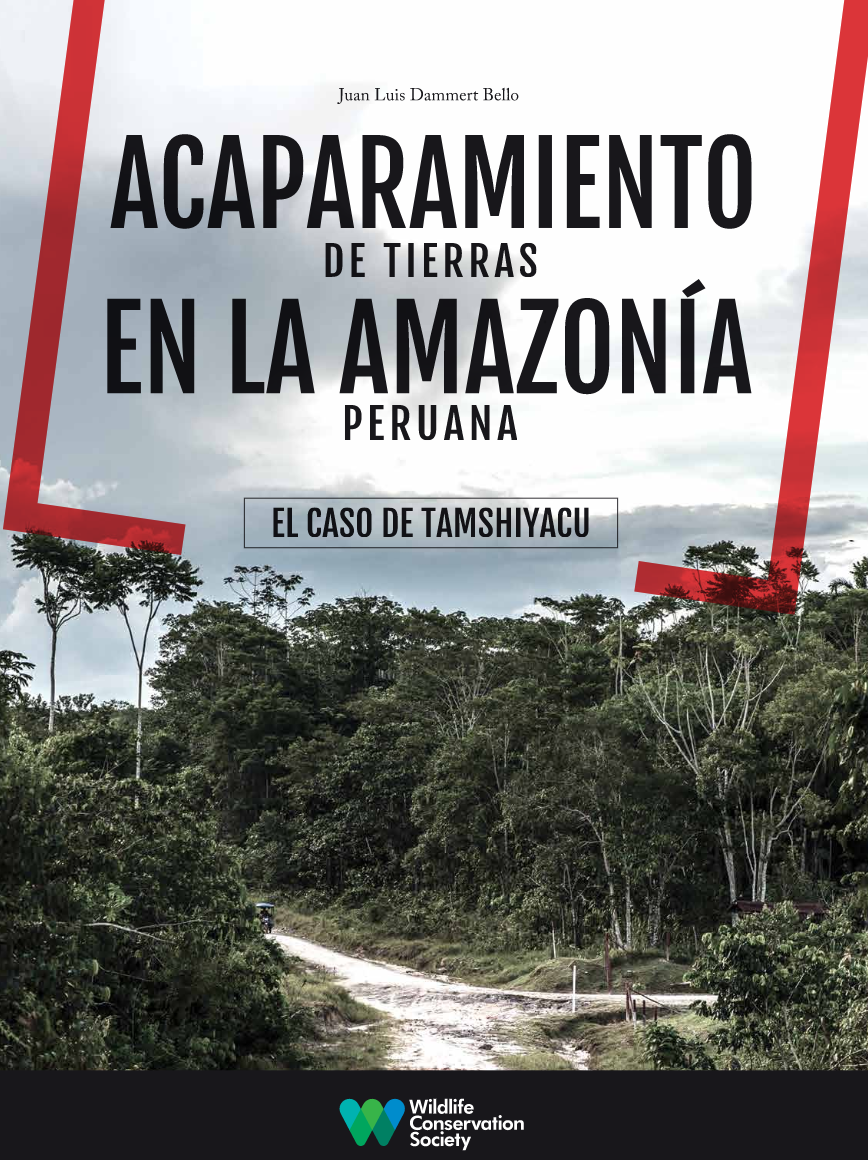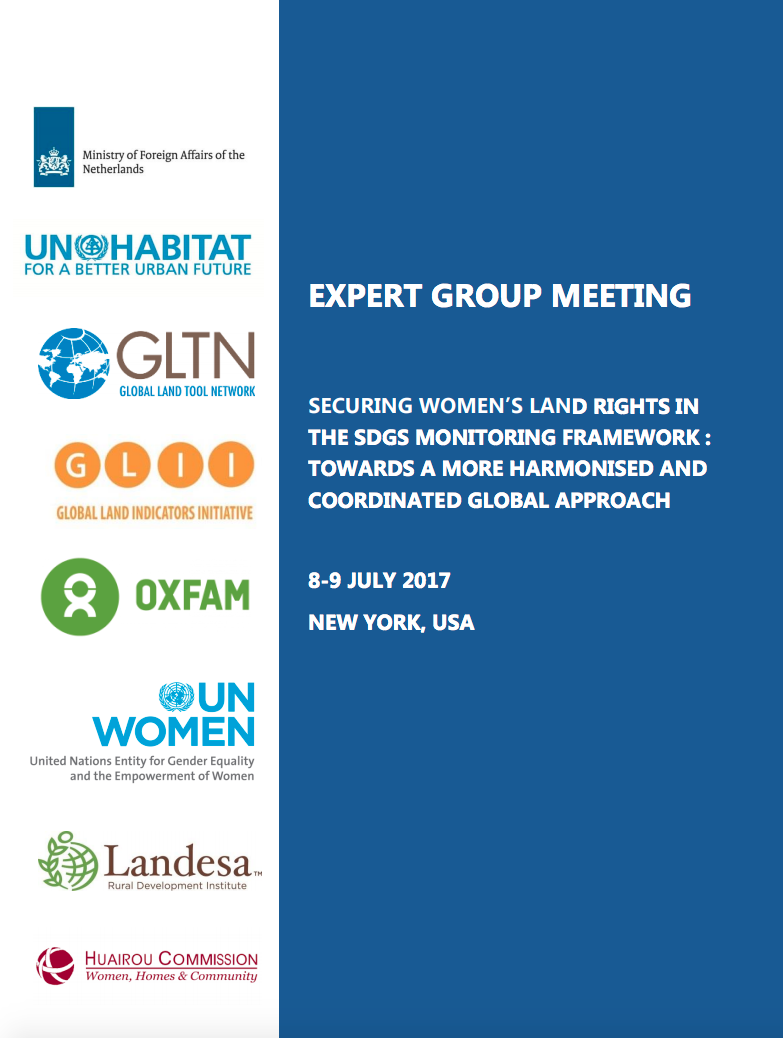Our Vision
Our vision is a just world without poverty. We want a world where people are valued and treated equally, enjoy their rights as full citizens, and can influence decisions affecting their lives.
Our Purpose
Our purpose is to help create lasting solutions to the injustice of poverty. We are part of a global movement for change, empowering people to create a future that is secure, just, and free from poverty.
Achieving our Purpose
We use a combination of rights-based sustainable development programs, public education, campaigns, advocacy, and humanitarian assistance in disasters and conflicts.
We challenge the structural causes of the injustice of poverty, and work with allies and partners locally and globally.
Resources
Displaying 26 - 30 of 128Uprooted by climate change: Responding to the growing risk of displacement
Climate change is amplifying the risk of extreme weather disasters by increasing the destructive power of storms and floods. At the same time, rising seas, shifting rainfall patterns, drought and other slow-onset changes are eroding people’s land, natural resources and security, and magnifying existing vulnerabilities.
Pathways to Deforestation-Free Food: Developing supply chains free of deforestation and exploitation in the food and beverage sector
Hidden in the food we buy every day, from chocolate to ice cream, are commodities like palm oil and soy that are driving deforestation across the world. From Indonesia to the Peruvian Amazon, vast areas of carbon-rich forest are being cleared to produce these agricultural commodities, contributing to climate change and social conflict.
Acaparamiento de tierras en la Amazonía peruana: el caso Tamshiyacu
La publicación “Acaparamiento de tierras en la Amazonía peruana: el caso de Tamshiyacu”, del investigador Juan Luis Dammert, analiza las malas prácticas empresariales y las serias deficiencias estatales para regular las diferentes modalidades de acceso a la tierra que desplegó la sucursal peruana de United Cacao en Tamshiyacu (Loreto).
Expert Group Meeting: Securing Women's Land Rights In The SDGs Monitoring Framework
This Expert Group Meeting (EGM1 ) was convened with the purpose of examining land indicators in the Sustainable Development Goals (SDGs) and promoting meaningful and harmonised approaches to monitoring women’s land rights (WLR)2 . It was convened by the Global Land Indicators Initiative (GLII) of the GLTN, UN Habitat, and Oxfam with inputs and assistance from Landesa, UN Women and Huairou Commission as part of a process of work on the development of methodologies for the land related SDG indicator monitoring.
Key Messages and Recommendations for the Expert Group Meeting on Women's Land Rights
We are a diverse group, women and men, from all regions of the world who came together in this EGM convened by Global Land Indicators Initiative, UN Habitat, Oxfam, Landesa, Huairou Commission and UN Women. We are from governments including national statistical organizations and land agencies, multi-lateral agencies, civil society organizations, including women’s organizations and groups that met on July 8 – 9, 2017 to discuss women’s land rights in the context of the SDGs.







